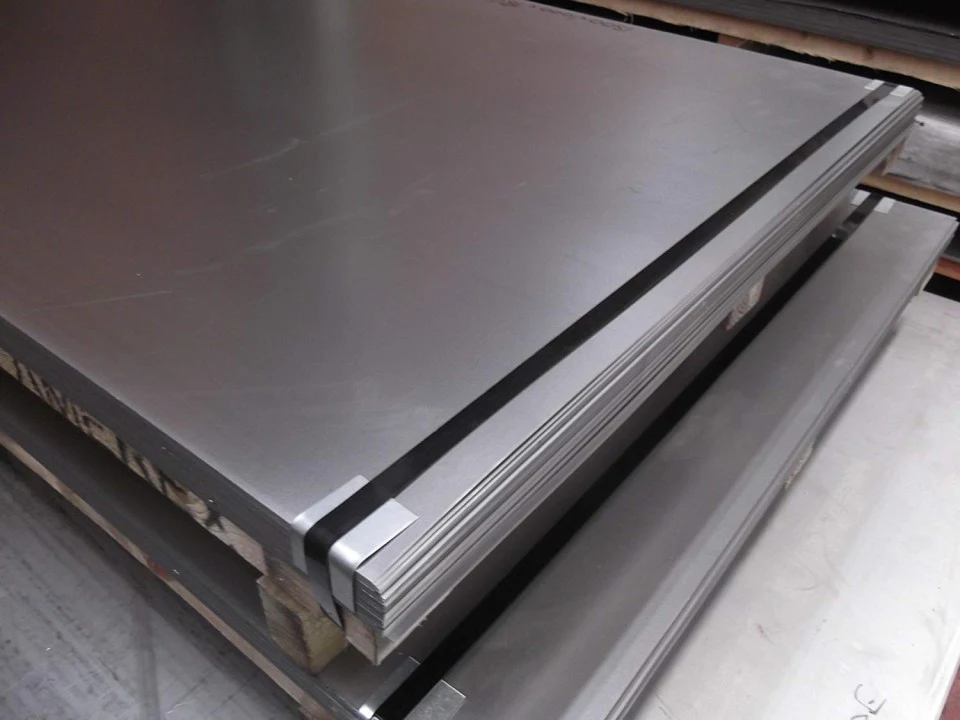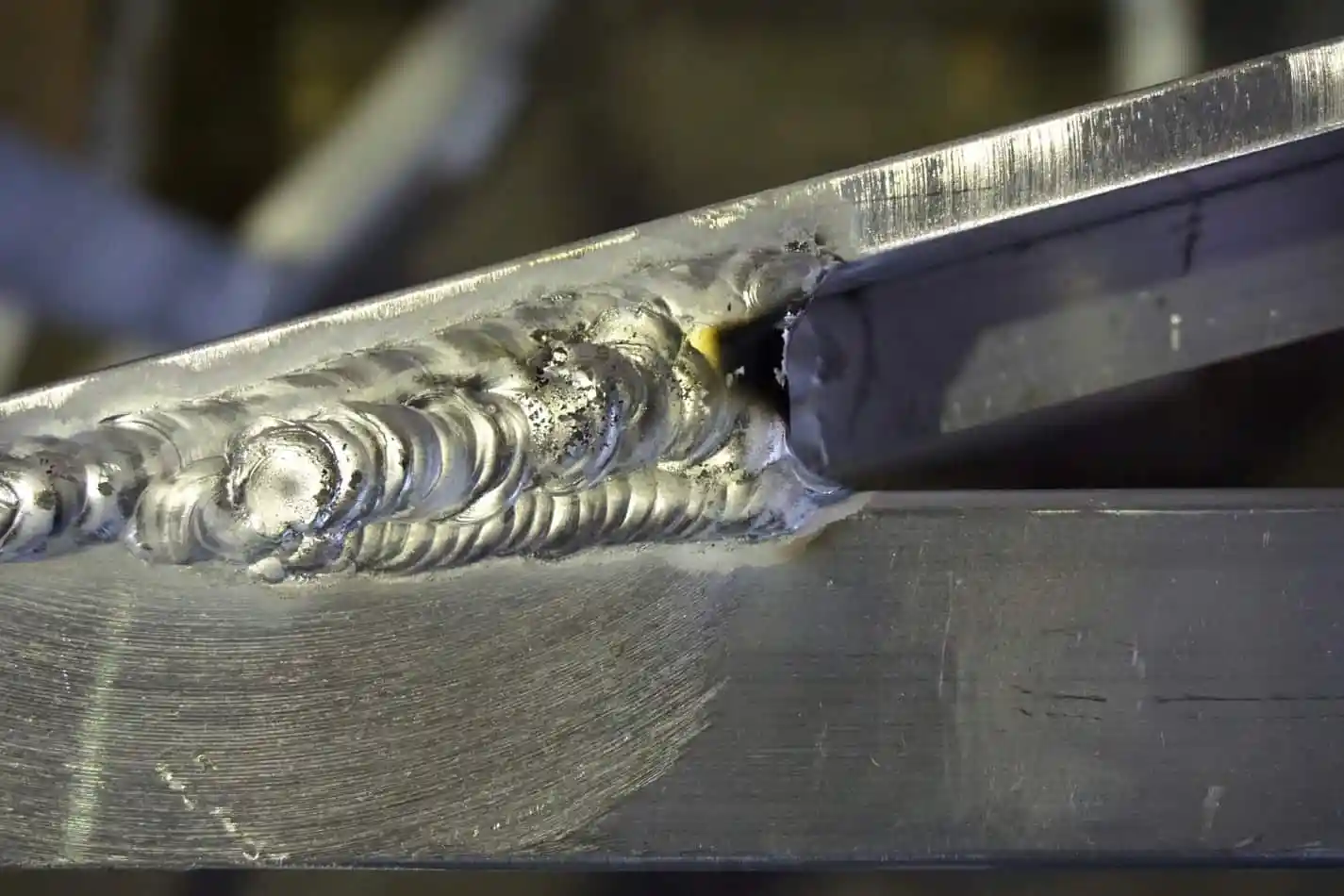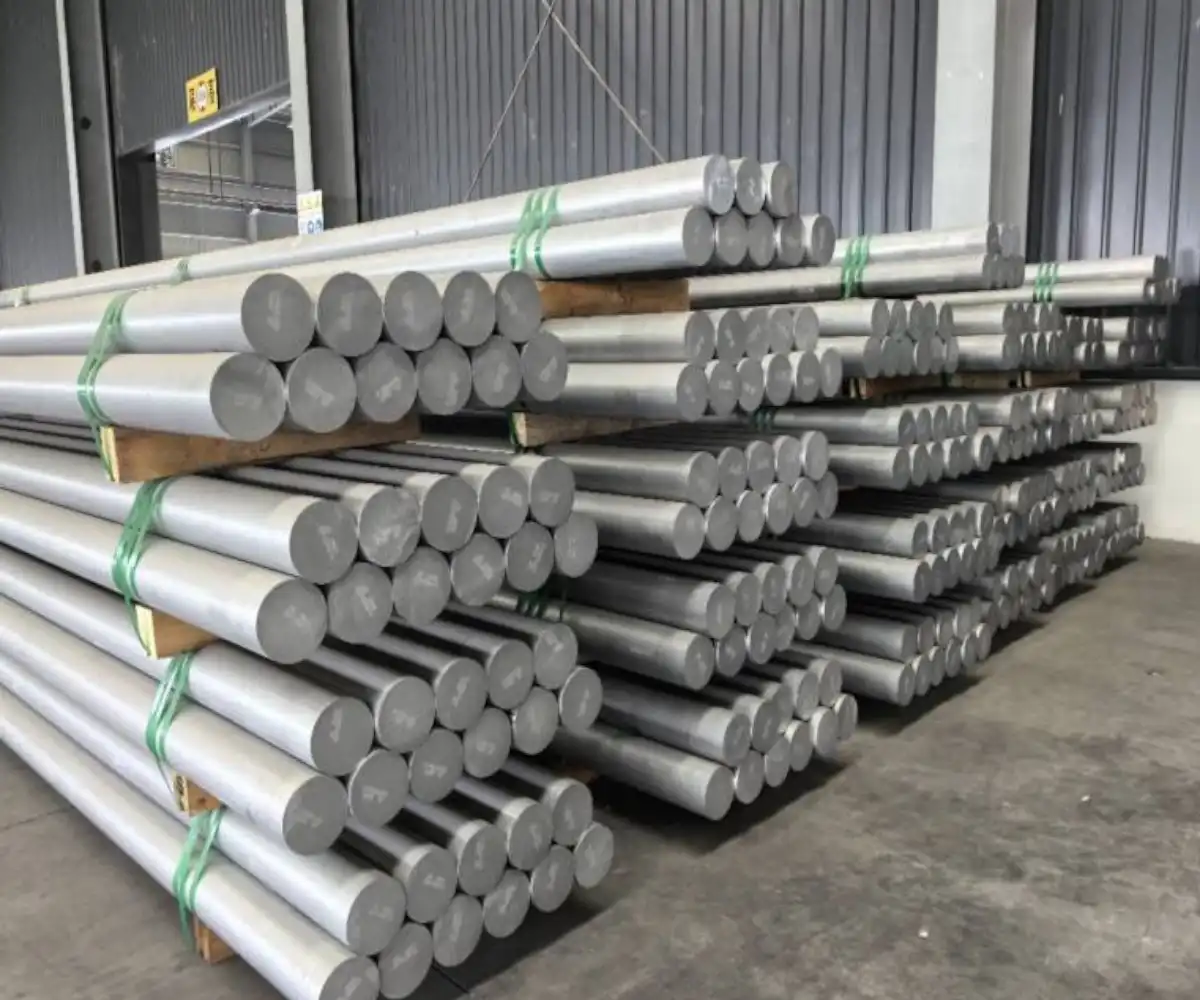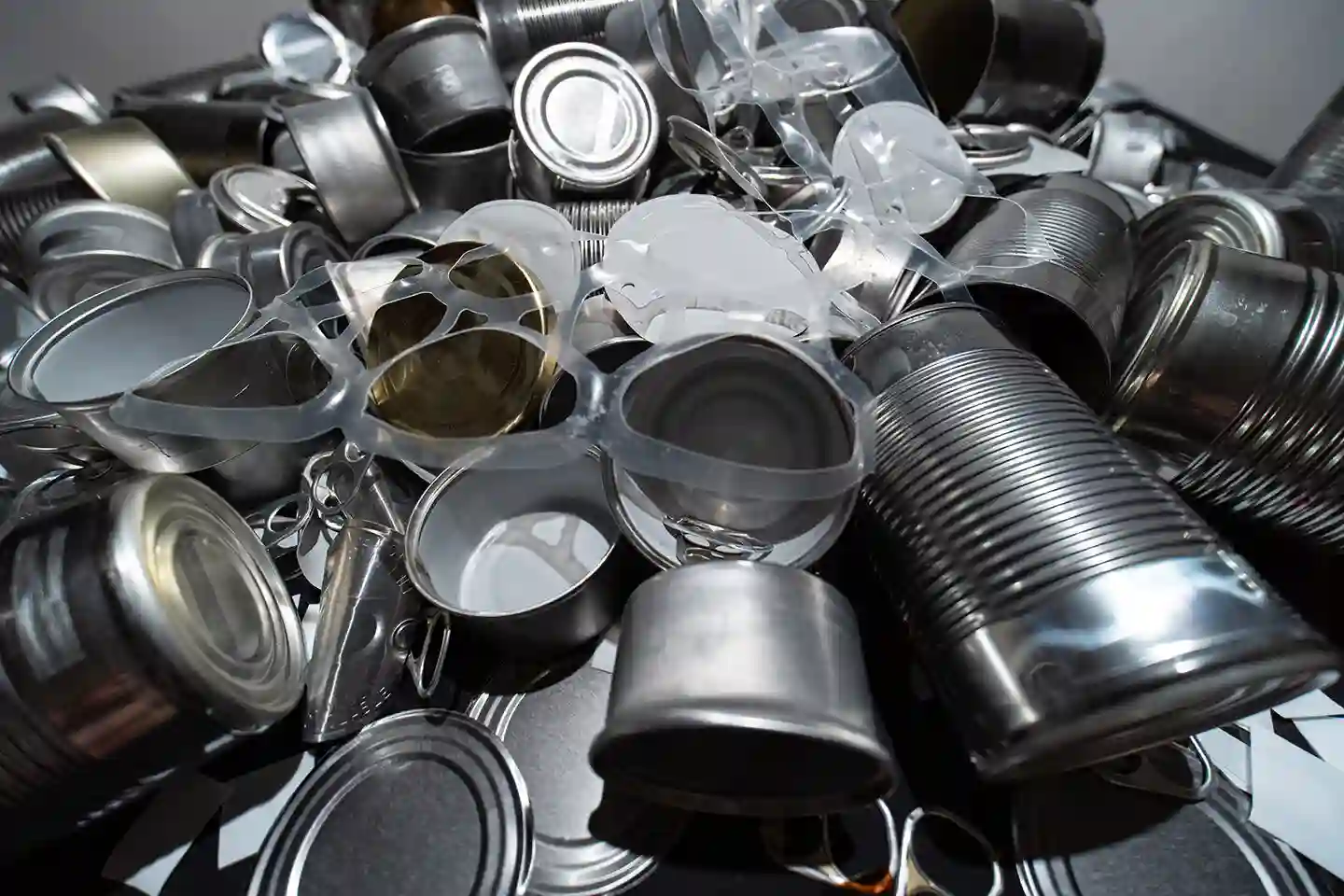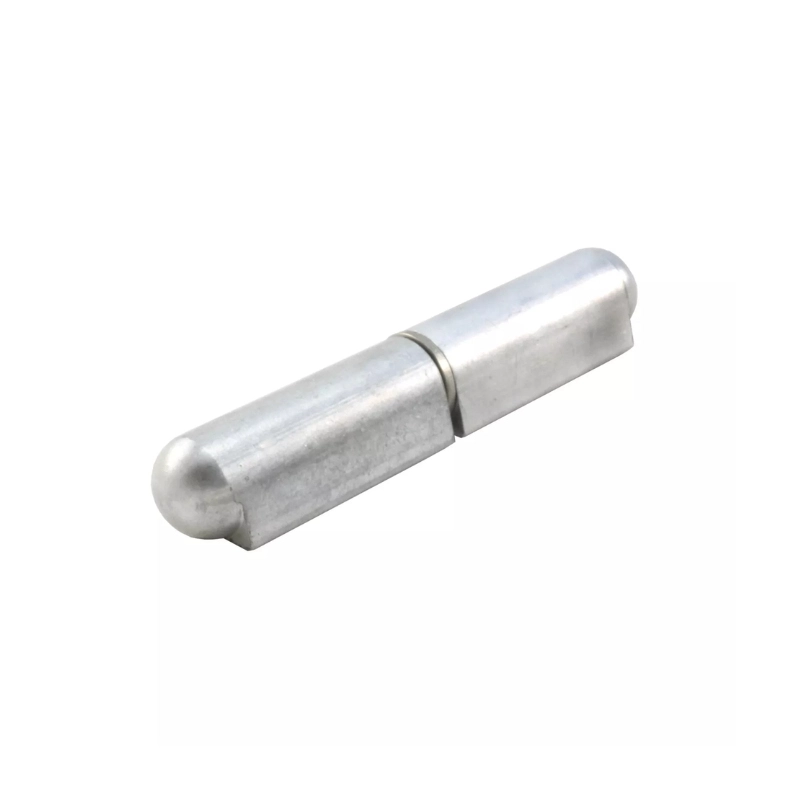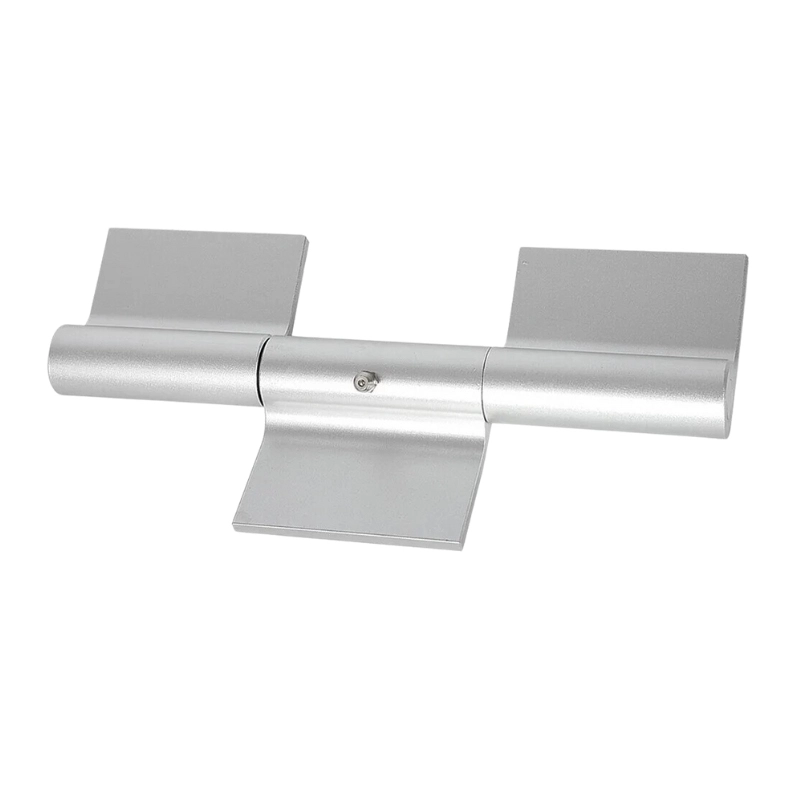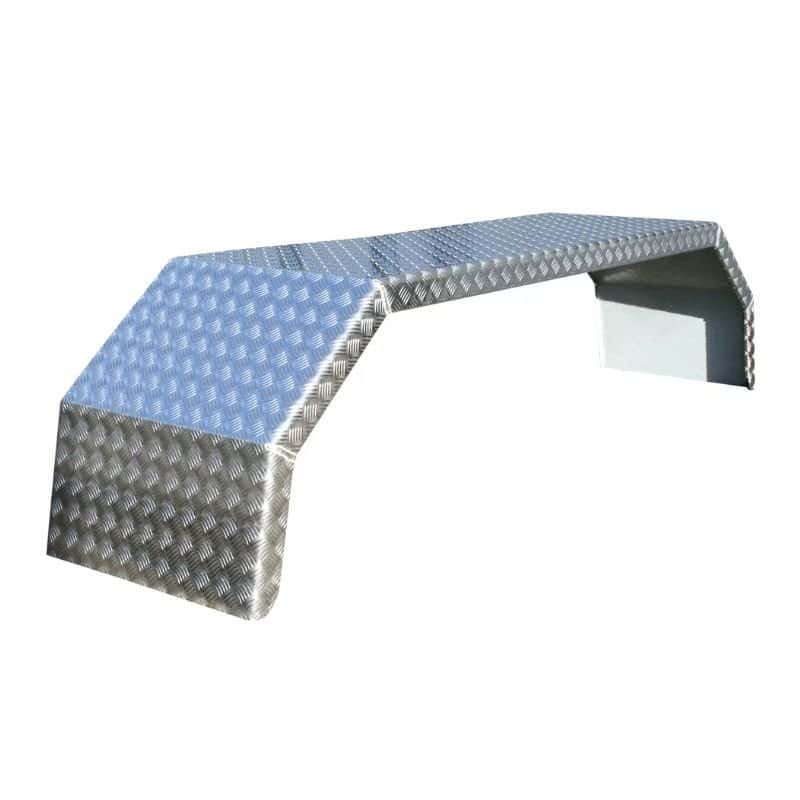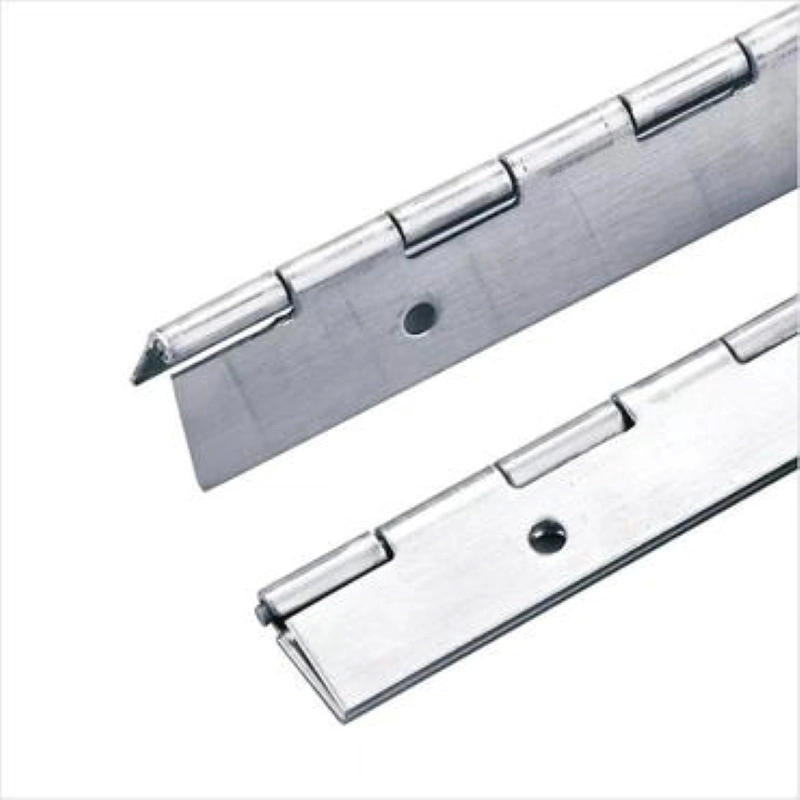Aluminum is an incredibly useful metal, thanks to its lightweight nature, corrosion resistance, and impressive mechanical properties. That’s why it’s found in so many of the products we use every day, from kitchen gadgets to car parts and even aerospace equipment.
However, pure aluminum isn’t commonly used on its own. To truly unlock its potential, it’s mixed with other materials to create aluminum alloys, which offer extra benefits depending on the application.
In this blog post, we’ll take a closer look at some of the most popular heat-treatable aluminum alloys and explore how they make a difference in everyday products. Whether it’s in your home, your car, or heavy machinery, aluminum alloys are essential to the things we rely on daily.
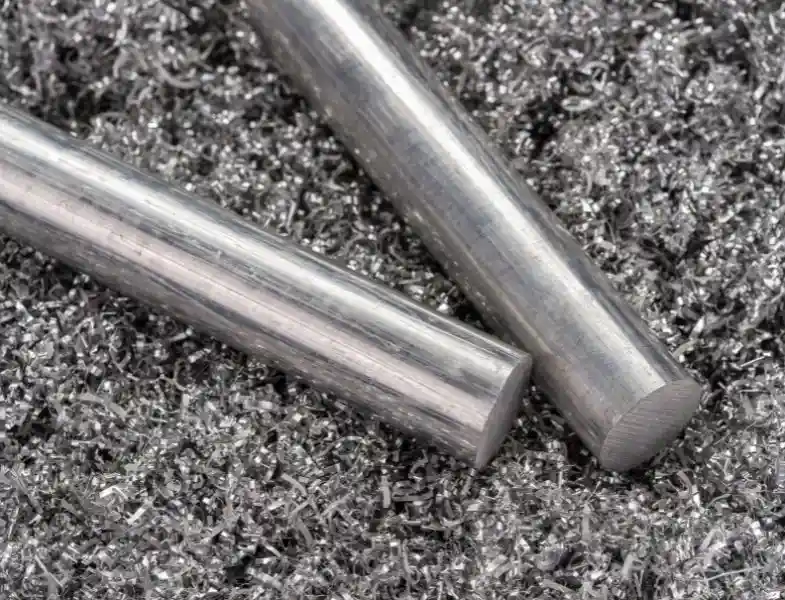
Why Aluminum Alloys?
Aluminum, in its pure form, is light but often too soft for most practical uses. To enhance its strength, heat treatment and alloying with elements like copper and magnesium are used. This combination significantly improves its tensile strength, corrosion resistance, and electrical conductivity.
As a result, heat-treated aluminum alloys retain the lightweight nature of pure aluminum but gain increased strength and durability. This makes them widely used in industries like automotive, construction, aerospace, and marine engineering. Their high strength-to-weight ratio is particularly valuable in applications requiring both strength and lightness, like car frames and airplane parts.
The Most Popular Aluminum Alloys for Everyday Use
1. 6061 Aluminum Alloy
alluminio 6061, also known as Alloy 61S and UNS A96061, is recognized for its excellent strength, corrosion resistance, and weldability.
It is a heat-treatable alloy that gains its strength from its primary components: aluminum, magnesium, and silicon. Magnesium enhances its toughness and durability, while silicon improves its machinability, making 6061 ideal for structural applications.
This alloy is commonly found in:
- Bicycle frames (e.g., Trek and Giant bikes)
- Automotive components like chassis and wheel rims
- Aircraft fittings
- Marine equipment
- Structural components in buildings
- Furniture frames
6061 strikes a balance between strength and flexibility, making it a top choice for applications where durability and workability are crucial.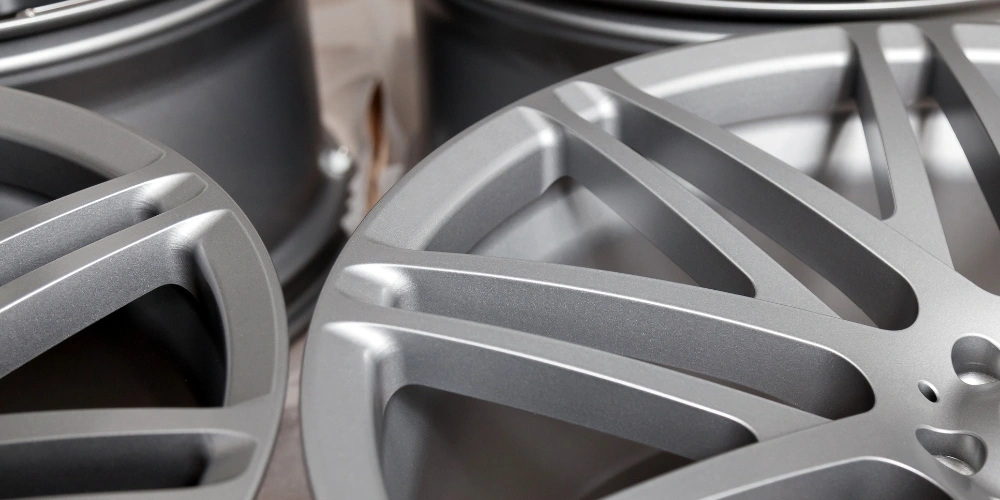
2. 3003 Aluminum Alloy
3003 aluminum is well-known for its strong resistance to corrosion, excellent ability to be formed into different shapes, and moderate strength. As a non-heat-treatable alloy, it mainly gets its strength from the addition of manganese, which makes it tougher than pure aluminum while still keeping it easy to work with.
You’ll typically find this alloy used in:
- Cooking utensils such as pans and trays
- Storage tanks for food and chemicals
- Heat exchangers
- Aluminum beverage cans, like those used for Coca-Cola and other drinks
The blend of workability and corrosion resistance makes 3003 a top choice for the food and chemical industries, as it can be easily shaped without losing its strength and durability.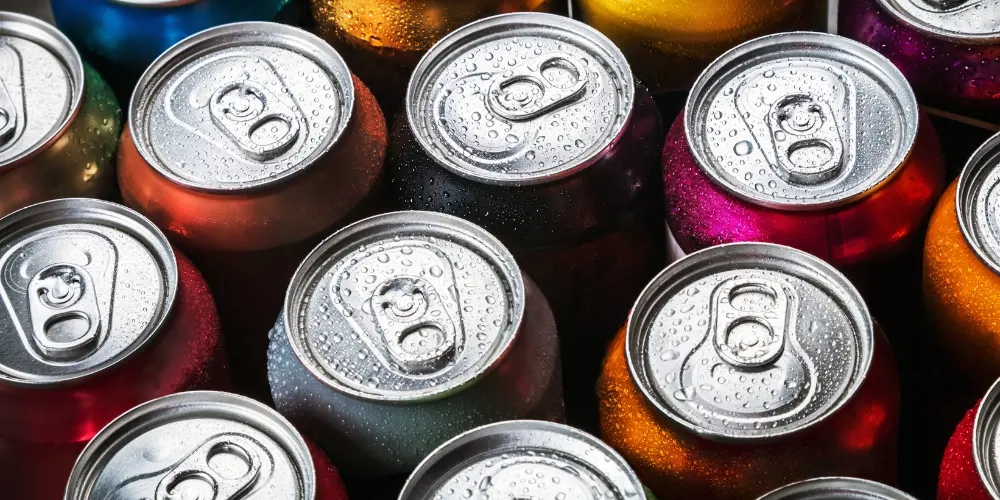
3. 5052 Aluminum Alloy
5052 aluminum, also known as UNS A95052, is renowned for its excellent corrosion resistance, strength, and weldability. Its primary alloying element, magnesium, enhances its ability to resist corrosion, particularly in marine environments.
This alloy is commonly found in:
- Marine equipment and boat hulls
- Fuel tanks
- Pressure vessels
5052 is ideal for marine applications and environments exposed to saltwater or chemicals, making it perfect for fuel tanks and marine structures.
4. 7075 Aluminum Alloy
Alluminio 7075, also referred to as UNS A97075, is among the strongest types of aluminum available, largely due to its high zinc content. This alloy is well-known for its remarkable strength and lightweight nature, though it does have a lower resistance to corrosion.
You’ll often find this material used in:
- Aerospace parts, like aircraft wings
- Sporting goods such as bicycle frames and climbing equipment
- Military uses
7075’s impressive strength-to-weight ratio makes it the preferred choice for high-performance applications where both strength and reduced weight are essential.
5. 1100 Aluminum Alloy
1100 aluminum, also known as UNS A91100, is a commercially pure aluminum (99%) known for its excellent corrosion resistance, high ductility, and softness. It is one of the easiest alloys to work with and is highly formable.
This alloy is commonly found in:
- Food packaging like aluminum foil
- Dissipatori di calore
- Household items such as cooking pots
1100’s flexibility and corrosion resistance make it perfect for thin and flexible applications, particularly in packaging and cooking utensils.
Key Benefits of Using Aluminum Alloys in Everyday Products
Aluminum alloys offer a unique combination of being both lightweight and strong, providing the necessary strength-to-weight ratio for various applications without adding excessive weight. This makes them perfect for products like automotive parts and aerospace components.
Another key advantage is their corrosion resistance, thanks to a natural oxide layer, making them ideal for environments exposed to moisture, such as marine equipment and outdoor structures.
Additionally, aluminum is highly recyclable, capable of being reused indefinitely without losing its properties. Its versatility allows it to be easily machined, welded, or formed into different shapes, making aluminum alloys suitable for a wide range of industries.
Choosing the Right Aluminum Alloy for Your Application
When selecting the right aluminum alloy for your application, several factors should guide your decision.
Strength requirements are key, as alloys like 7075 provide high strength, while others like 1100 prioritize flexibility.
Consider corrosion resistance, especially for environments exposed to moisture, where alloys like 5052 excel.
Weldability is important for construction and structural applications, making 6061 a strong choice. Machinability matters for parts requiring complex shaping, such as with 3003.
Finally, cost can play a role, with more specialized alloys being pricier. Understanding these factors will help you choose the right alloy for your specific needs.
Conclusione
Aluminum alloys like 6061, 3003, 5052, 7075, and 1100 play crucial roles in everyday products, offering strength, corrosion resistance, and versatility. Their widespread use across industries highlights their adaptability. For expert advice on choosing the right alloy for your project, consult HDC for tailored solutions and reliable sourcing.
Scopri di più con i post del nostro blog.
messaggi recenti
Scopri di più sui nostri prodotti.
prodotti correlati
Preventivo immediato!

